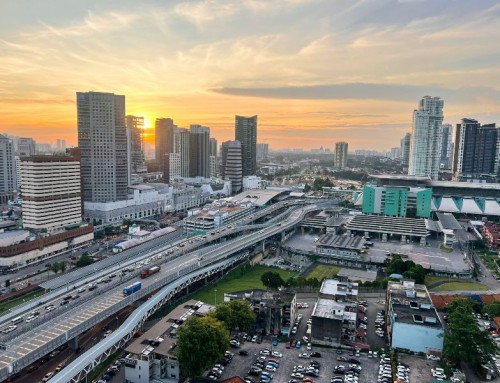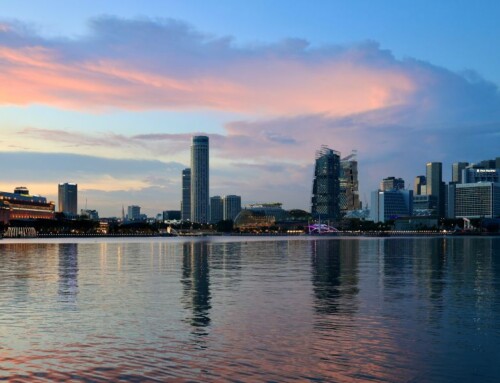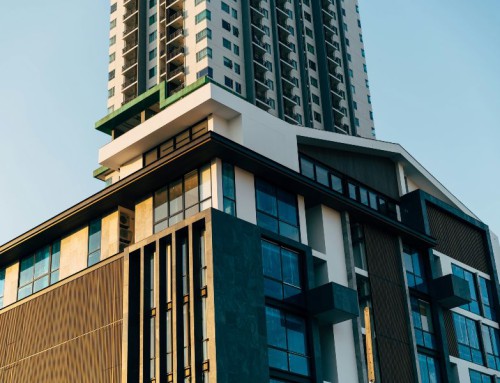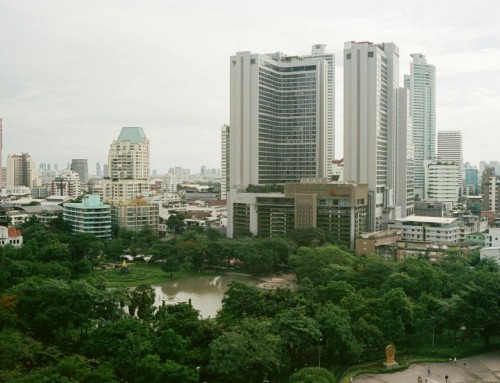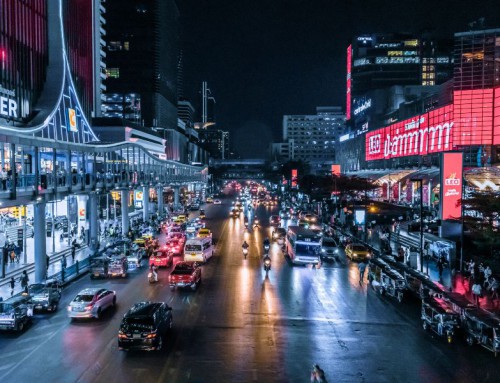Whether buying a local or overseas property, there are many things a buyer should do. Most of these never crosses their minds due to pressure selling especially during periods when the property cycle is on the uptick. I have encountered people who told me that they had no intention of buying but they bought something. This can be due to either pressure selling or panic buying. Do not get me wrong, the scenario can and may never be calm and serene during property launches but there are some things which buyers should look out for before dishing out their checkbooks.
1) Ensure that ownership of the property belongs to the developer.
The simple act of verifying the title of the land should suffice. In Singapore, the Council for Estate Agencies (CEA) mandates that property agencies should do such checks before embarking on selling properties to their prospective clients. This check is especially important for overseas property purchases. In cases, the title may not be in a language that is legible to the buyer. The buyer can and should request for a copy of the title for their own verification purposes. Also, there should be someone in the estate agency that can decipher what the deed represents. These questions should have been posed by the estate agent to the developer of the project. For developing countries, the deed may be complicated and there may be many ways of registering a title to the land. Rules and regulations vary across different countries. A simple search on the internet should yield some guides on how the land registration system works in various countries. In developed countries like the UK, there are registries set up by the government whereby people can buy the land title information. The cost is usually very minimal and every savvy investor should not be saving this couple of dollars.
2) Ensure the trustworthiness of the developer.
Request for the track record of the developer in question. Take a look at what they have built and whether their previous projects were completed without a hitch. At the same time do a simple search online about news about the developer. Do they list themselves on any stock market? Do they have a social media platform? Visit their websites and ask the salesperson about the credit worthiness of the developer and what due diligence has been done on that particular project. At times we may encounter developers who are developing and selling their first project. This would mean that the product is developed by someone with no track record. The buyer should then think whether this is a risk worth taking. The buyer can request to speak to someone from the developer and raise questions about the credit worthiness of the developer.
3) Ensure that the monies that you will be transferring to the developer is safe.
The monies should be held by an independent party. Either a law firm or a credible independent third party, ie. held in escrow. Bank accounts of developers should be stated in the sales and purchase agreements. Never transfer the monies to the marketing agent of the project. In Singapore, developers’ project accounts are listed on the Urban Redevelopment Authority’s website. Also, it is always prudent to request for construction progress updates from time to time. At times developers may ask for payment in full even though the completion of the project is several years down the road. This in essence may be a sign that the developer is not financially sound enough to fund the development with their own assets. Traditionally monies are drawn down in stages to the developer. The final payment should be the largest and it should be requested at the completion and handover of the property.
To summarize, buyers should always do their own due diligence on whatever they are purchasing. If all goes well there is little to fret. However, developments do go awry from time to time and eventually the responsibility of ensuring that the investment goes well is on the onus of the investor itself.
Yours Sincerely,
Daryl Lum


